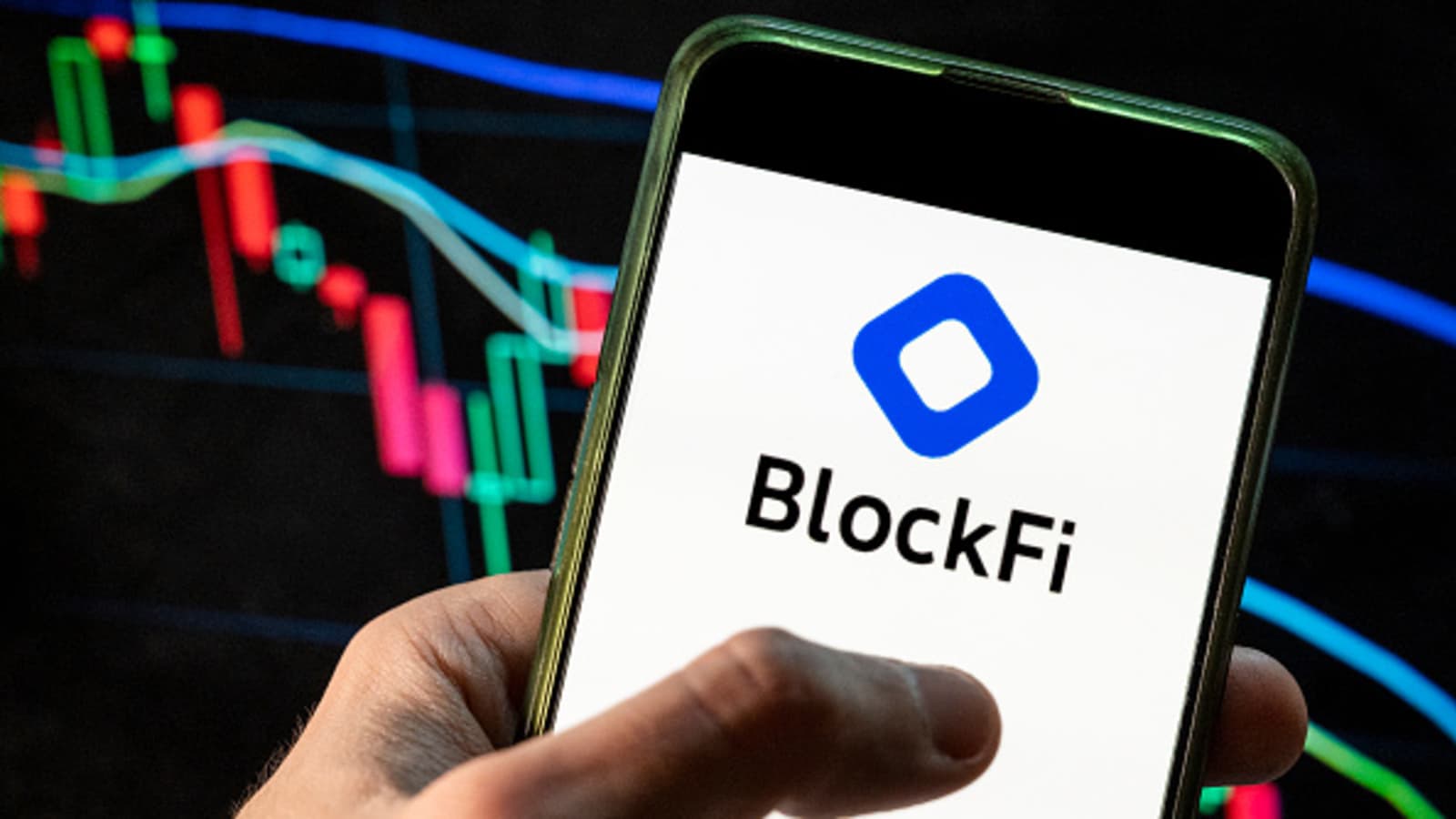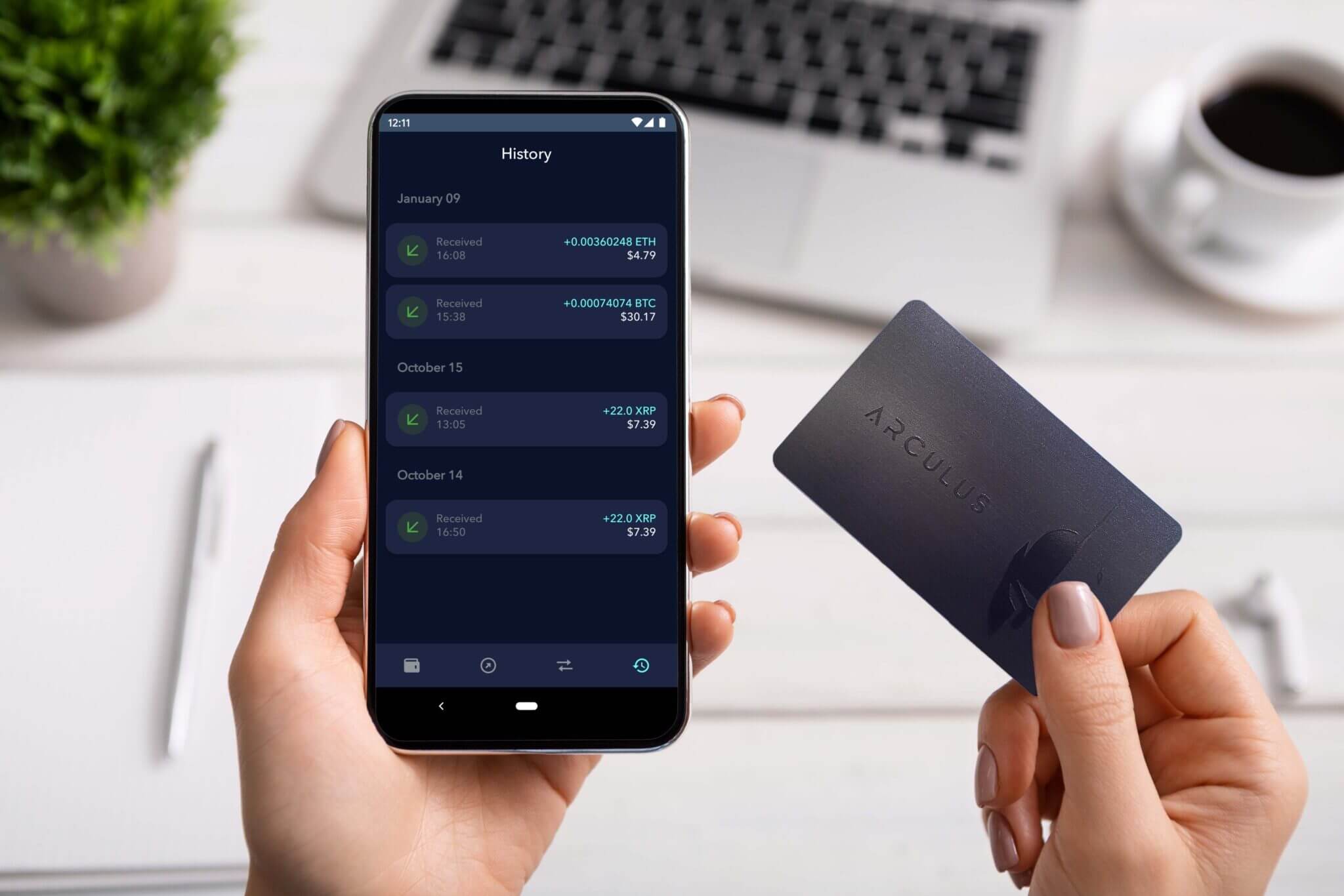In this articles you will find the top Best Crypto Exchanges and Apps of October 2022. On cryptocurrency exchanges, traders have the ability to buy, sell, and convert a variety of cryptocurrencies. They are necessary for cryptocurrency trading to continue at the current volume. Some exchanges provide the most aggressive prices or speeds, while others offer particular financial solutions.
Learn more about the main cryptocurrency exchanges in the following paragraphs, including how they function and which one you should choose
Exactly what Is a Crypto Exchange?
Bitcoin (BTC), Ethereum (ETH), and Litecoin (LTC) are just a few examples of the cryptocurrencies that users may trade their digital assets for on online markets called cryptocurrency exchanges (LTC).
Exchanges are a vital part of the cryptocurrency ecosystem since the vast majority of traditional investment firms do not have bitcoin holdings in their portfolios. Without exchanges, finding a bitcoin dealer and negotiating an exchange rate would be necessary. The process of transmitting the money directly to each other’s bitcoin wallets would thereafter be somewhat difficult.
wallet verses exchange for bitcoin
The two main instruments for handling currencies are exchanges and cryptocurrency wallets. Wallets are intended to keep your cryptocurrency money safe, unlike exchanges, which are marketplaces where users may swap fiat currencies for digital ones and buy or sell bitcoin based on market prices
2022’s Top Cryptocurrency Exchanges and Apps for October
1.Coinbase

The Coinbase platform does a fantastic job of lowering the entry barrier for investing in cryptocurrencies by offering a straightforward onboarding process that eases customers into trading. It is simple to explore the site and handle cryptocurrencies at the same time because of its design.
Furthermore, Coinbase provides a huge variety of easily accessible and comprehensive instructional materials. Users are encouraged to use these tools by the Coinbase Earn program, which teaches users how to trade certain cryptocurrencies and rewards them with free bitcoin.
The exchange’s security measures must also be emphasized, as follows: Ninety-eight percent of its customers’ bitcoin is stored offline by Coinbase on every version of its website, and the company has insurance to protect custodial accounts up to $250,000 in value. (in accordance with FDIC coverage restrictions for each depositor). Coinbase is ultimately valuable despite its increased expenses because of these efficient protections.
US Binance

The largest cryptocurrency exchange globally is Binance based on trading volume. Many of Binance.advantages US’s are also shared by its American equivalent. One of its strongest points is its competitive maker/taker fee structure with a 0.1% limit. This fee begins modestly and eventually declines as your trading volume increases.
Additionally, Build and Build (BNB), one of the most popular utility tokens in the world, is discounted for purchasing and selling on Binance.US.
With more than 120 cryptocurrencies available on the exchange, all of which can be bought with USD, customers who want to buy cryptocurrencies directly may do so without incurring additional fees from conversion. A platform’s broad market dashboards, margin trading, and range of order types, including as limit orders, market orders, and stop limit orders, may also appeal to advanced users. These features are made possible by the platform’s many discounts and purchase options.
Crypto.com

To safeguard the cryptocurrency assets of its users on its trading platform, Crypto.com employs a number of security measures, such as regular software peer reviews, offline cold storage for all cryptocurrency, and a regulated custodial bank account for fiat currency. It uses multi-factor identification in addition to passwords, fingerprints, emails, phones, and authenticator verification.
Its platform has also successfully completed a number of penetration tests, which simulate cyberattacks and are used to evaluate system security, and has shown proof of its long-term financial stability.
Security is not the only factor contributing to Crypto.com’s attractiveness. The exchange has more than 250 coins available, which is the largest selection of currencies of any company on our list.
BlockFi

The main selling feature of the exchange is its BlockFi Interest Account, which gives monthly compounding interest to cryptocurrency investors who deposit their assets in the account. Additionally, customers may use their bitcoin as collateral on the website for loans.
BlockFi provides sophisticated cybersecurity, cost-efficient pricing, and creative finance solutions. Trading on the exchange’s platform is free of transaction costs, however there are spread and withdrawal charges. In order to protect your data from theft, BlockFi uses techniques like two-factor authentication and restricting or outlawing withdrawals to particular addresses.
Bisq

Previously known as Bitsquare, Bisq brings centralized exchange features including a simple, user-friendly interface and a wide range of supported currencies to a decentralized environment. Personal money as well as donations from the platform’s users fund the effort. Open-source software was used in the platform’s development, enabling the public able to see its design.
Bisq does not need users to provide personal information to trade on the site, nor does it require a third party to carry out bitcoin transactions. It’s a great substitute for Bitcoin supporters seeking access to a broad range of other currencies, including Cardano, XRP, and Dogecoin. In reality, supporting so many digital currencies — including fiat money — on decentralized exchanges is unusual.
The security features of the platform, such as multi-signature and a security deposit system, further improve the inherent security and privacy of decentralized exchanges by making sure that both parties behave honestly and maintain full control over their money throughout the trading process.
Guide to Crypto Exchanges
Despite becoming mainstream, cryptocurrency may still be a difficult topic for investors of all experience levels. How precisely do they operate? What are the various exchange kinds, and how do they vary from cryptocurrency wallets? To learn the ins and outs of bitcoin exchanges, read our guide.
How Cryptocurrency Exchanges Operate
The sort of platform used determines how cryptocurrency exchanges operate. The majority of cryptocurrency trading platforms are classified as centralized exchanges that serve as brokers, standing between buyers and sellers.
Users may deposit funds into exchanges to purchase cryptocurrencies or deposit their digital assets to engage in spot trading of one cryptocurrency for another, or vice versa. As with exchanging normal currencies at a bank, traders may anticipate paying a charge when converting one cryptocurrency to another (for example, converting USD to EUR).
A broad range of payments, including credit card payments, direct bank transfers, credit or debit cards, money orders, and even gift cards, may be accepted by exchanges in return for digital currencies.
You may withdraw your cryptocurrency assets and move them to any other wallet of your choosing using specialized crypto and bitcoin exchanges. Others, particularly those that concentrate on other assets like stocks and exchange-traded funds (ETFs), such as Robinhood and eToro, only allow you to buy the cryptocurrency; you cannot move it outside of their online wallets.
Cryptocurrency exchanges That Are
Centralized transactions (CEX)
The most typical and established kind of cryptocurrency trading is centralized exchanges. These provide investors with a platform to trade cryptocurrencies and are controlled by private corporations. This kind of exchange often has more trading pairs, bigger trade volumes, and more liquidity.
Because of their improved user interface and onboarding, availability of customer assistance, and insurance should the platform’s systems fail, centralized exchanges are often seen as a viable choice for beginner cryptocurrency traders.
Users of this sort of trade are fundamentally more susceptible to hacker assaults, which is the major problem. Additionally, some customers find it awkward to provide their confidential information throughout the KYC procedure.
Examples: Gemini, Kraken, Coinbase, and Binance
independent exchanges (DEX)
Decentralized exchanges operate without a central authority, in keeping with the spirit of Bitcoin. This sort of network’s servers are dispersed across computers all over the globe, so even if one of them is attacked, the network will continue to function. Many consumers are drawn in by this alone because they are worried about losing their cryptocurrency due to a trading platform security breach.
Decentralized exchanges function more like markets than centralized exchanges, which act as brokerages. Peer-to-peer trading is made possible by them, and their registration requirements are less strict. Lower trading volume, less liquidity, an usually worse user experience, and a lack of customer assistance are the primary negatives of decentralized exchanges.
Examples include dYdX, Bisq, Uniswap, PancakeSwap, and Token.
Hybrid trades
A new wave of cryptocurrency trading platforms to deliver the best of both worlds includes hybrid exchanges. By combining the security benefits of decentralized exchanges with the higher functionality and liquidity of centralized exchanges, they hope to address the drawbacks of earlier exchanges.
Hybrid exchanges, however still a relatively recent concept in the crypto industry, tout quick transaction speeds without sacrificing the anonymity of their consumers. Due to their high expenses, restricted scalability, and restricted assets, only time will tell whether they will succeed or suffer.
Nash, Qurrex, Eidoo, and Legolas are among the examples.
Recognizing cryptocurrency exchange costs
Cryptocurrency exchanges impose a variety of fees, and it’s not always obvious what you’ll be paid for.
Exchange costs and network fees are the two primary charge categories to watch out for.
Cryptocurrency exchanges are funded by trading fees. They are thus service charges that cover:
Trading fees, often known as “maker/taker” costs, are levied when transactions are made. Trading costs show whether or not a coin order creates market liquidity. They also hold when changing currencies. Deposit fees are levied when users fund their accounts; they are often paid using a debit card, credit card, or PayPal rather than a wire transfer. withdrawal charges are made when you take money out of your account in fiat currency or cryptocurrency. Recurring account fees, often monthly.
Cryptocurrency miners process and secure transactions on the blockchain in exchange for network fees. Due to the lack of a middleman between users and the crypto miners on decentralized exchanges, this is often a fee that users on such exchanges must pay directly.
Considerations while selecting a cryptocurrency exchange
Functionality and security features are the two primary criteria to consider while selecting a crypto exchange. Whatever features you want to employ, such as fiat-to-currency trade pairings, liquidity aggregation, or particular altcoins and stablecoins you wish to trade, your exchange of choice should contain the majority, if not all, of them. Additional layers of security against hackers should be offered, such as two-factor authentication and Bitcoin locks.
Another thing to take into account is usability, which is crucial for rookie traders who can find it difficult to utilize platforms with a less intuitive user interface. However, improved usability may also be advantageous for experienced traders.
Geography should also be taken into account. Not all exchanges operate in the USA; some are restricted to a few states
How To Verify If A Cryptocurrency Exchange Is Trustworthy And Safe
It’s crucial to watch out for phony websites and mobile applications while shopping for a crypto exchange. Even if the platform seems to be trustworthy, be careful to look for any typographical errors, questionable branding, and, in the case of a website, if a little lock symbol denoting security is present in the URL bar.
Aside from fraud, it’s crucial to constantly remind oneself that trading cryptocurrency might be risky. Cryptocurrencies are quite prone to rapid price surges and fall that not even the most knowledgeable investors can foresee with confidence.
Financial gurus advise exercising prudence and limiting your bitcoin investment to no more than 5% of your whole portfolio.
Opening a Cryptocurrency Exchange Account
You might be able to open an account on some exchanges without providing sensitive information or proving your identity. Others will impose stringent “Know your Client” (KYC) procedures on new users to adhere to American government regulations aimed at preventing fraud and money laundering.
However, certain registration components are common to all systems. For most cryptocurrency exchange sites, you will need the following details and documents to establish an account:
Your complete name and birthdate
Your contact information (phone, email)
Your physical location
the social security number you have
a photo of you with a government-issued ID (such as a driver’s license or passport) and a scan of the ID
Typically, after providing your personal information, you will get an email requesting you to validate your email address. Some exchanges could additionally enquire about your interest in trading cryptocurrencies and want a copy of a utility bill that was sent to your real location. You must next add a payment method to put money into the exchange and begin buying and selling cryptocurrencies.
FAQ
What cryptocurrency exchange is the best?
No one exchange is the best for all users. The finest cryptocurrency exchanges do, however, share several characteristics, such as strong security mechanisms, cheap costs, a variety of payment choices, an accessible platform, and availability on both mobile and desktop.
Another thing to look for is a sizable selection of tradable cryptocurrencies that include different altcoins and trading pairings, such as Bitcoin/Litecoin (BTC/LTC) and Ethereum/Bitcoin Cash (ETH/BCH).
How many cryptocurrency exchanges exist?
It’s difficult to estimate the current number of crypto exchanges because they are not registered with any central authority. Tracking this number is made more difficult by the possibility of many exchanges being set up and then shut down after a brief period.
The largest exchanges, according to CoinMarketCap, as of September 28, 2022, are Binance, Coinbase, and FTX (by volume of trades
The most coins are in which cryptocurrency app?
One of the largest selections of cryptocurrencies for US traders to buy and sell is on Crypto.com. Over 150 cryptocurrencies are available. With over 750 cryptocurrencies available for purchase, KuCoin ranks among the most for traders outside of the US
Which cryptocurrency app is the best for newcomers?
Coinbase is the finest bitcoin software for newcomers. It includes a user-friendly interface that makes buying and selling cryptocurrency simple, a large range of currencies, and modules with informative material. Even free cryptocurrency is offered by Coinbase for completing its instructional sessions.




